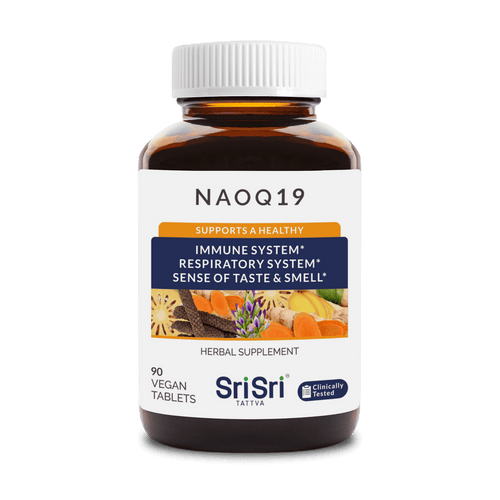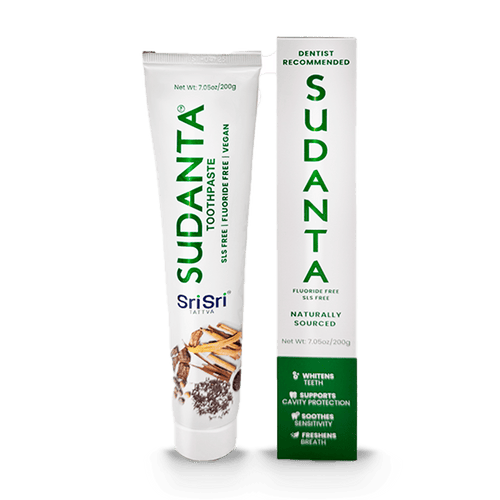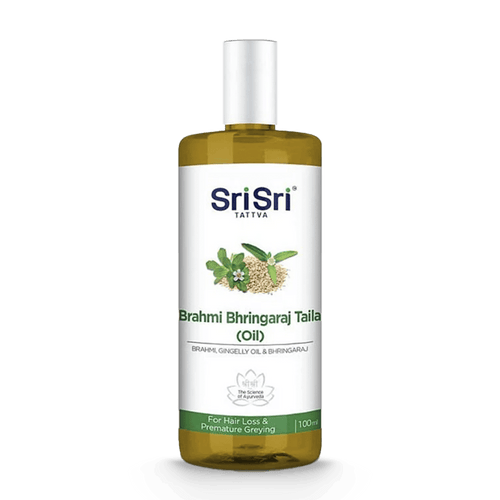What Is A Vata Person

Have you ever wondered how is it that two people behave so differently under the same circumstances? How one person can eat copious amounts and still may not gain weight while another person may eat very little and still struggle with managing weight. Some people are regular flu victims and yet others manage to remain healthy despite all the viruses in the air! We differ in our body types, personality traits, lifestyle choices we make, foods, weather we like or can tolerate, and so on. What exactly explains these differences, according to Ayurveda, a 5000-year-old field of alternative medicine?
Ancient Vedic texts hold a gem in the Sanskrit saying, ‘Yat Pinde Tat Brahmande’ that is, what is within this body, is out there in the cosmos too. According to Ayurveda, the matter is made of the five great elements-air, water, earth, ether, and fire. These elements combine as doshas, or three fundamental bio-energies, Pitta, Vata, and Kapha, that give us our unique and definitive physiological, mental, and behavioral traits. Our unique psychophysiological constitution is called Prakruti in Ayurvedic sciences and is said to be determined at the time of conception, giving us very definitive psychological and physical traits. Our doshic constitution explains why even twins have differing tastes, moods, personalities, digestion, body temperature, or immunity.
Tridoshas
The three doshas are responsible for vital life processes, according to Ayurveda. The Pitta dosha combines fire and water element, and is the force behind how we digest and metabolize our food. Vata dosha is air and space element responsible for all movements in the body and Kapha combines earth and water element, governing lubrication, moisture level in the body and all reinforcements.
All the human beings are said to have prakruti with least one or two of these doshas dominating our physical and mental makeup. Here’s where the real application of Ayurveda lies- according to the healing system, if you live a life in alignment with your doshas, such that they are balanced, you are likely to be healthy, happy and full or life force. But living a lifestyle that is not favorable to the doshas or sets them out of balance, can lead to aggravation of the doshas, build toxins and invite all types of illnesses and imbalances in. So, to lead a healthy, vibrant life, it is important to know the nature of these three doshas.
How can you identify doshas?
Ayurveda offers an ancient diagnosis methodology in the form of Nadi Pariksha or pulse diagnosis. It is much more than just examining a patient’s pulse health. Nadi pariksha can help diagnose your dosha type and imbalances in your mind-body complex. It is a holistic reading of an individual’s physical, mental, and spiritual health. But Nadi Pariksha is most invaluable in one regard. It can also inform you about illnesses and conditions you are predisposed to, based on your prakruti and vikriti (imbalances). If you are interested in knowing your current imbalance Sri Sri Tattva offers a Free Health Quiz to help you with this.
In this article, first of the three-part explainer, let us look at Vata Dosha.
Vata Dosha combines the quality of air and ether and so it is the force of movement in your body. Vata is responsible for functions that involve movement.
- It controls many cerebral functions and neural communication
- It has a say on how the prana or life force moves in your body
- Movements including blood circulation and pumping, assimilation and elimination, childbirth, movement of oxygen-they are all governed by Vata.
- Vata also has a say on our respiratory function, blinking, movement of muscles, heart function.
- Vata balance is key to your alertness.
A person with Vata dominance may have the following qualities:
• Thin body frame
• Talkative/restless/hyperactive
• Extrovert
• Low body volume
• Dryness
• Brittle hair and nails
• Preference for warmth in climate and beverages
• Cannot tolerate cold very much
• Creative and imaginative
• Vata regulates sensory impulse, respiration, elimination of waste, circulation and pumping of blood.
• Responsible for rekindling digestive fire
Some Signs of Vata Imbalance
• Excessive skin dryness
• Inability to gain weight
• Hard stool and irregular digestion
• Joint pain issues
• Flatulence
• Fear and restlessness
• Uneven pulse
• Intolerance for cold
• Some of the illnesses that have their basis in Vata imbalance include sleep disorders, migraines, dryness, stress, seizures, sciatica, arthritis, teeth conditions and constipation
Tips to balance Vata
- Discipline is important for people with Vata dosha, while their restless nature may make them resist it. Overexposure to extremely cold weather, beverages, lack of sleep, can all quickly put vata out of balance.
- They can have foods that have the quality of ‘snehana’ or light oiliness, and are sweet, sour, or salty to taste, like ghee or clarified butter, and milk. They can take spices like cardamom, ginger, asafetida, mustard seeds, black pepper, cumin, and bay leaves.
Clarified butter is the perfect antidote for vata imbalance. It is grounding, warm and nourishing, and aids digestion too.
- People with Vata dominance can have the sweet fruits like dates, banana, mangoes, figs, raisins, among others. Among vegetables, they can go for pumpkin, sweet potato, beets, papaya, and carrots. Dry fruits like almonds, walnuts, cashew or millet can also balance Vata excesses. For Vata balancing, sesame, peanut or olive oil is a good option. Daiy items can also be taken in moderation. Cold, refrigerated foods, beans, raw salads, peas or grams must be avoided though.
- Herbs that can help balance and calm Vata-related restlessness are ginger, fennel, ashwagandha and chamomile. Ashwagandha, known as the king of herbs, is particularly helpful in balancing vata dosha, increasing physical strength, helps reduce joint inflammations and boosts immunity.
- People with Vata dominance can have joint problems, more than other dosha types. So it is a good idea for Vata people to oleate their body as often as they can with vata pacifying oils. These oils lubricate the joints and tissues and help you get rid of the dryness.
- Along with oiling oneself, it is also important to stay hydrated since Vata people may have a tendency towards dehydration. They can keep having warm beverages, soups and water.
- It is particularly important for Vata people to sleep on time. Vata dosha is usually active around 2 AM and 6 AM in the night. This is the type certain critical organs are under repair. Staying up at this hour, diverts the prana or energy from being spent on this repair.
- Vata people must work out in moderation. For them, grounding exercises and practices are recommended.
- To regulate the restless energy, meditating twice a day is a must for Vata people. Grounding pranayamas or breathing exercises like alternate nostril breathing is also recommended for vata dosha.
For a complete list of recommendations on lifestyle, herbs, and exercises if you are suffering from a Vata Imbalance, you can checkout Sri Sri Tattva’s complete suggestions for Vata Imbalance.
Published by Ruchira Roy
This content on the Sri Sri Tattva blog is not intended to be a substitute for professional medical advice, diagnosis or treatment. Always seek the advice of your physician, or other qualified health providers with any questions you may have regarding a medical condition. Any links to third party websites is provided as a convenience only and the Sri Sri Tattva Blog is not responsible for their content.





